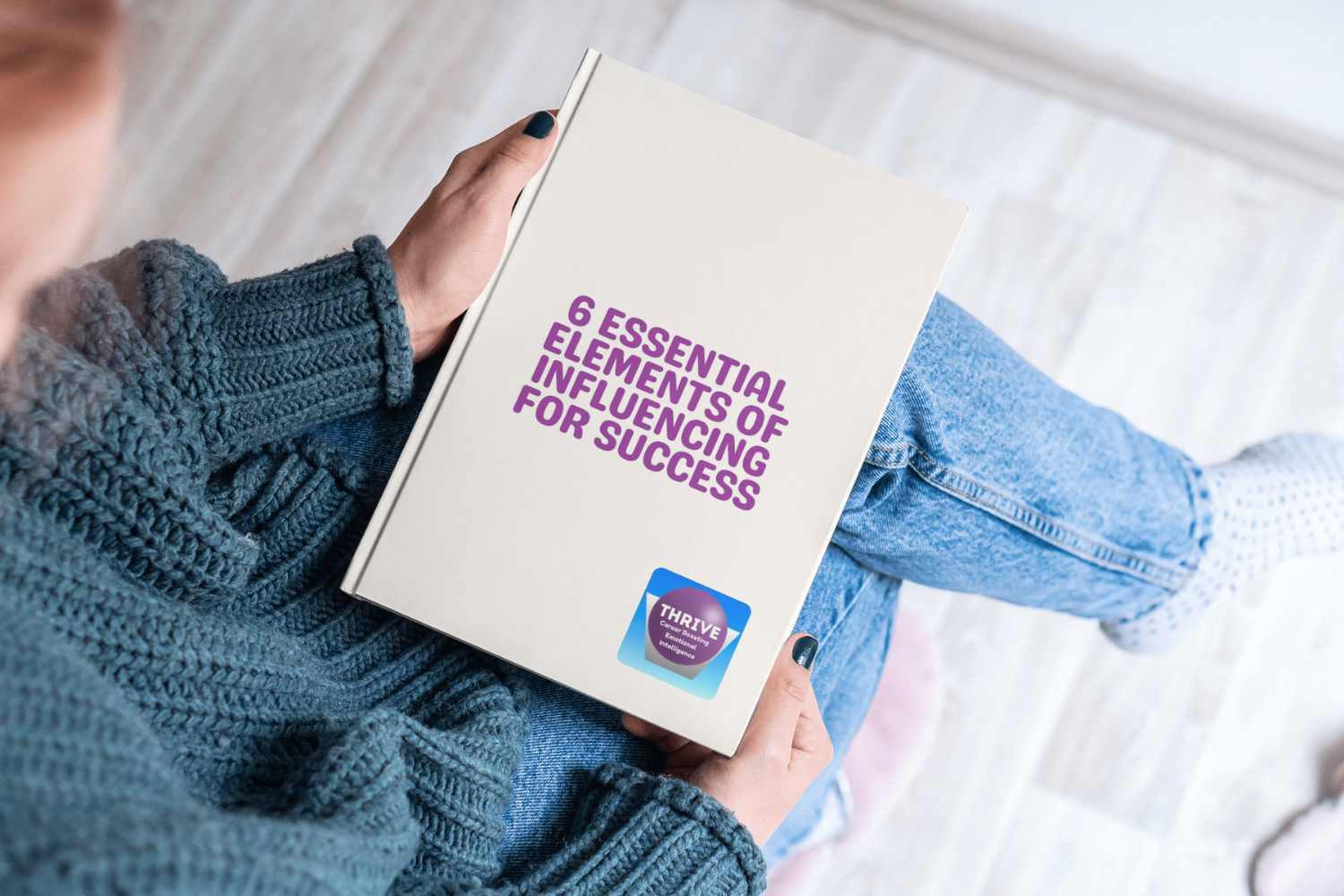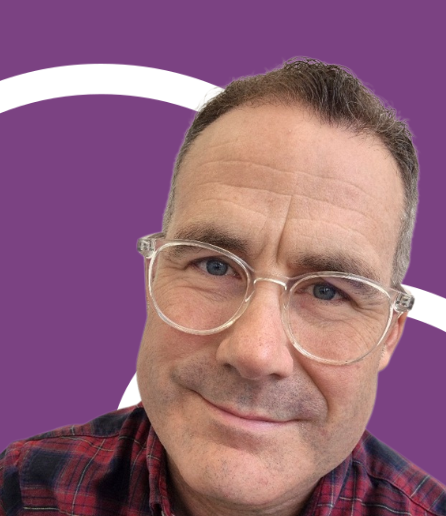THRIVE - How Curiosity breeds success.
How curious are you about how you react to life’s challenges?
“Curiosity: a strong desire to know or learn something.”
Large businesses are actively embracing having a curious culture amongst their teams because the benefits are huge. So why do we not apply curiosity to ourselves when times are tough?
Atlassian is an Australian-American software company that was founded in 2001. In 2005, they adopted a strategy to unlock potential from their staff by giving everyone a day to do whatever they wanted to at work with the proviso that on the day after, those same employees come together and share their findings.
On those special days referred to as “ShipIt Days” that took place once a quarter, employees found themselves working on ANYTHING that interested them for a period of 24 hours. Some employees chose to explore business problems and find solutions, others started to be curious about new product ideas.
After a while, Atlassian found that by encouraging curiosity amongst their teams, teams members were more likely to be more engaged with their work, do better work and come up with a bunch of great new fixes and product ideas that has resulted in Atlassian being an even more successful international company with some 300,000 clients.
Freedom to think, lowering the levels of fear of judgement and having a little but of fun seems to be working out well for them!
There are many other companies that are also trying to capitalise on the benefits of having a curious culture and if that interests you then check out the article entitled :
Organisations are saving millions by embracing curiosity - Here’s the proof. By Forbes.
But what about you?
How do you view yourself when things go wrong? Do you have a tendency to judge yourself unfairly?
Do you find yourself saying things to yourself that you simply wouldn’t consider saying to your best friend due to how hurtful you are being?
We all do it at times. I come from a science background and I have found that a lot of scientists have huge strengths in being analytical, which works for them in the workplace…mostly. That said, a lot of those scientists also experience elevated levels of anxiety and are quite judgemental of themselves. I believe that in very simplistic terms, this is the result of that analytical brain not taking time off when it needs too. It works well in the workplace so why would you turn it off if it serves you? But does it always serve you well in the workplace?
Sometimes in being analytical in our relationships (at home and at work) we will inevitably be judgemental. You know what it is like to be on the receiving end of someone’s judgement. It can immediately put our backs up and make us defensive. That then impacts on the quality of the relationship in terms of trust and team dynamics.
If we aim our own judgement at ourselves, then for some reason we accept that like it is OK and after a time it becomes a part of our automaticity, left unchecked and then results in behaviour that might lead to unfavourable outcomes.
I showed you the CBT Diagram (below) in a previous post and this really helps us to understand how a thought or belief can potentially lead to us demonstrating behaviour that simply doesn’t serve us.
The Cognitive Behavioural Therapy Model.
Curiosity gives us a choice to change positively.
Here are some examples of where our self-judgement doesn’t serve us:
“I am not as good as them.” - Results in either avoiding stepping up or not fully engaging in a task or engaging with colleagues.
“I am not good enough!” - Results in perfectionism (not knowing when to stop) or simply avoiding the task.
“My colleague thinks I am not good enough.” - This could be an inaccurate assumption leading to feelings of intimidation and fear that leads to not sharing ideas.
With all the examples above, it is easy to see how thoughts and beliefs like that causes a resultant emotional response that then informs one’s next move.
Being able to catch ourselves having these thoughts and being curious as to where those thoughts come from gives us an opportunity to experience less fear, less defensiveness and have an opportunity to connect with what the truth of the situation is. If we connect with the truth then our response is going to be more appropriate in how we work and how we interact with others.
If we take the last example about the colleague, then we have an opportunity to think about the assumption. What is that assumption based upon, what evidence do you have for making the assumption and what other reasons could there be that would lead you to make that conclusion? If it actually doesn’t make sense and you find that you don’t actually know that the colleague doesn’t think that you are good enough then wouldn’t it be simpler to just let that particular assumption go, if it is not serving you?
Self-awareness and Curiosity - The dynamic duo for building great relationships and team building.
Knowing how we are feeling and being curious as to why, within a moment, is a useful skill but one that needs to be developed over time. They help us have the mental wiggle room to make the right decisions and bring about the best outcomes. Otherwise, if you rely on being automatic then you are simply winging it when it comes to dealing with difficulties in life and relationships.
That might serve you, but do you really want to take the risk if your career depends on you making the best decisions and delivering the best outcomes?
Let me give you something that will help you to be more successful with relationships at work (and any other relationship too).
Click the graphic below to get the guide.
Keep checking in with these articles for ways to improve your own career boosting emotional intelligence or become a subscriber and be eligible for some useful benefits.
What you will gain from subscribing.
You will be the first to know about resources and information that you can utilise to enhance your career boosting emotional intelligence.
You will be eligible for community exclusive discounts on webinars, workshops and THRIVE 1-2-1 Coaching Sessions.
Free email support for any questions that you might have about developing your own career boosting emotional intelligence.
About John Hicks.
Since 2012, after a career in science and technology starting as a bench chemist then moving into sales and marketing and ultimately senior management, I decided to start my own company to help clients to see the truth in their abilities rather than fall for the deceitful thoughts that come with having a low self-esteem.
I realised that individuals at all levels of organisations can experience overwhelm, self-doubt and be de-railed by their automatic reactions to problems rather than have choice and control in bringing about the best outcomes.
If you want to find out more about my work then feel free to look around my website by clicking here.





